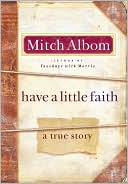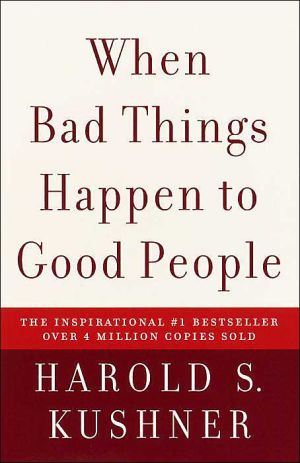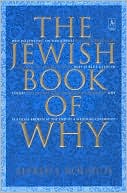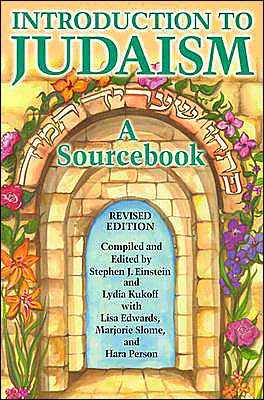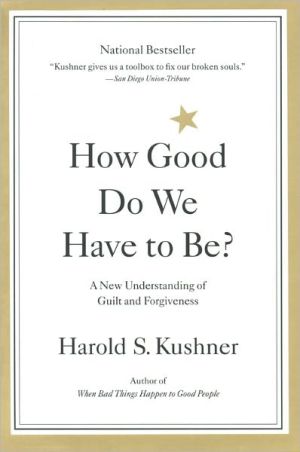Jewish Philosophy as a Guide to Life: Rosenzweig, Buber, Levinas, Wittgenstein
Distinguished philosopher Hilary Putnam, who is also a practicing Jew, questions the thought of three major Jewish philosophers of the 20th century—Franz Rosenzweig, Martin Buber, and Emmanuel Levinas—to help him reconcile the philosophical and religious sides of his life. An additional presence in the book is Ludwig Wittgenstein, who, although not a practicing Jew, thought about religion in ways that Putnam juxtaposes to the views of Rosenzweig, Buber, and Levinas. Putnam explains the...
Search in google:
Distinguished philosopher Hilary Putnam, who is also a practicing Jew, questions the thought of three major Jewish philosophers of the 20th century — Franz Rosenzweig, Martin Buber, and Emmanuel Levinas — to help him reconcile the philosophical and religious sides of his life. An additional presence in the book is Ludwig Wittgenstein, who, although not a practicing Jew, thought about religion in ways that Putnam juxtaposes to the views of Rosenzweig, Buber, and Levinas. Putnam explains the leading ideas of each of these great thinkers, bringing out what, in his opinion, constitutes the decisive intellectual and spiritual contributions of each of them. Although the religion discussed is Judaism, the depth and originality of these philosophers, as incisively interpreted by Putnam, make their thought nothing less than a guide to life. First Things In yoking Jewish thought to his efforts to give philosophy a human face, and in giving us glimpses of three men who helped shape a vibrant and beautiful form of Jewish thought, Hilary Putnam - to his profit, and to ours - has sided with Isaiah.
Introduction (Autobiographical) 11 Rosenzweig and Wittgenstein 92 Rosenzweig on Revelation and Romance 373 What I and Thou Is Really Saying 554 Levinas on What Is Demanded of Us 68Afterword 100Notes 109
\ Times Literary Supplement"Hilary Putman has been in the thick of philosophical discussion for more than half a century... engagingly personal... there are interesting, characteristically Putnamian insights to be had throughout." —Abraham Socher, Times Literary Supplement, November 7, 2008\ — Abraham Socher\ \ \ \ \ \ Common Knowledge"... Putnam has... discovered a barely contemplated terrain, where American pragmatism and Continental Jewish existentialism are happily intermarried. Mazel tov." —Michael Fagenblat, Common Knowledge, Volume 15, Number 2 (rec'd 6/09)\ — Michael Fagenblat\ \ \ \ Shofar"Putnam is a master teacher, and his elucidations of four difficult thinkers are valuable in themselves." —Shofar, Vol. 28, No. 3, 2010\ \ \ \ \ AJS Review"Written by the distinguished emeritus professor of analytical philosophy, this intriguing little study is a concise presentation of three figures in modern Jewish thought: Franz Rosenzweig, Martin Buber, and Emmanuel Levinas." —AJS Review, Vol. 33/2\ \ \ \ \ First Things"In yoking Jewish thought to his efforts to give philosophy a human face, and in giving us glimpses of three men who helped shape a vibrant and beautiful form of Jewish thought, Hilary Putnam—to his profit, and to ours—has sided with Isaiah." —FIRST THINGS, October 2008\ \ \ \ \ Library JournalOne of the most distinguished analytical philosophers, Putnam has written an unusual book that uses the thought of key philosophers to find points of commonality between the religious and the philosophical.\ \ —Graham Christian\ \

